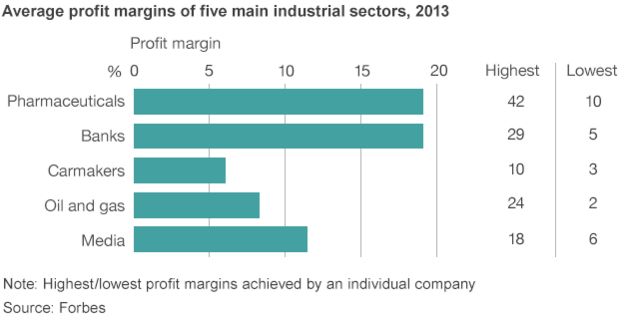Quand même La Tribune en vient à se poser ce genre de questions…
Les « big pharma » contre le cancer : qui veut gagner des milliards ?
▻https://www.latribune.fr/entreprises-finance/industrie/chimie-pharmacie/les-big-pharma-contre-le-cancer-qui-veut-gagner-des-milliards-815653.html
ENQUÊTE. De rachats en rachats émergent des méga-biotechs. Une course à l’innovation pour terrasser un jour le méchant « crabe ». À quel prix pour les patients et les systèmes de santé ?
En janvier 2019, Bristol-Myers Squibb (BMS) a dépensé 74 milliards de dollars pour acquérir Celgene et son blockbuster (médicament vedette) Revlimid©, une molécule contre le myélome multiple (cancer des globules blancs). Au même moment, l’américain Eli Lilly a dépensé 8 milliards de dollars pour Loxo Oncology, tandis que GSK veut racheter Tesaro pour 5,1 milliards de dollars. Cette valse des milliards vient ponctuer une année d’opérations financières dans les big pharma. En janvier 2018, Sanofi s’était adjugé le spécialiste des traitements contre l’hémophilie Bioverativ pour 11,6 milliards de dollars puis avait dépensé 3,9 milliards pour le belge Ablynx. En mai, le suisse Novartis avait mis la main sur AveXis, qui développe des traitements contre des maladies rares, pour 8,7 milliards. Celgene, que vient donc de racheter BMS, avait de son côté déboursé 9 milliards pour acquérir Juno Therapeutics, spécialiste du traitement des leucémies.
Ces grandes manœuvres s’expliquent par la course à l’innovation qui domine le secteur des biotechs. Depuis deux ans, les nouveaux traitements contre les cancers mal soignés font partie des investissements les plus prometteurs pour les géants de...
















